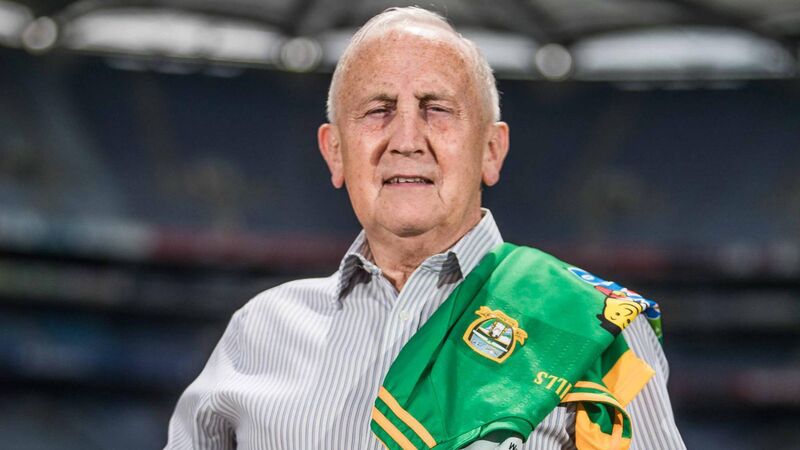Enda McEvoy: Seán Boylan's story received the perfect treatment

An RTÉ documentary on a prominent sporting figure in a primetime viewing slot on a Thursday night. How gratifying. How surprising.
Official Ireland doesn’t really do sport, y’see. Unofficial Ireland, the Real Ireland, does and always has. No surprise. We’re a sports-mad nation. But sport and Official Ireland – that’s another matter.








